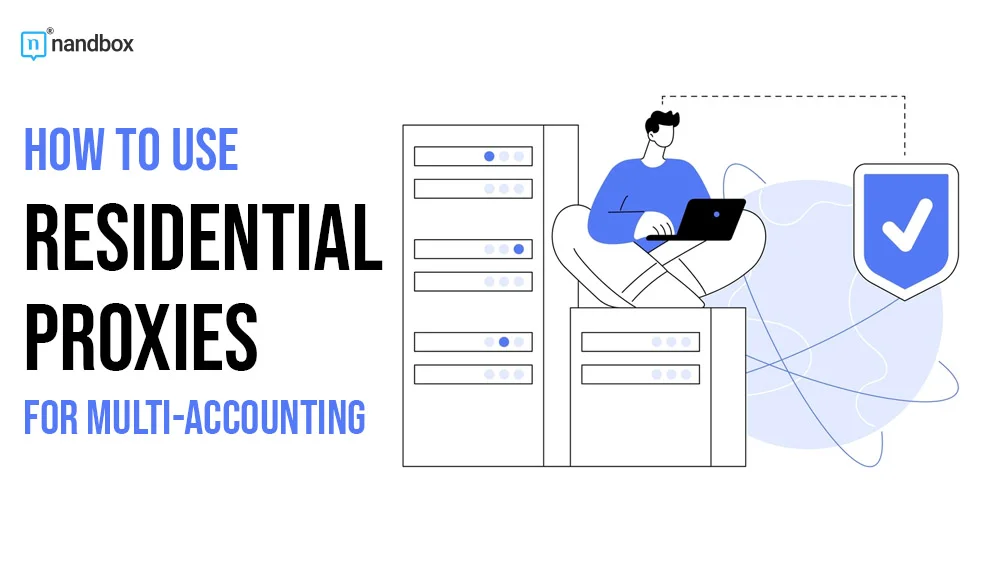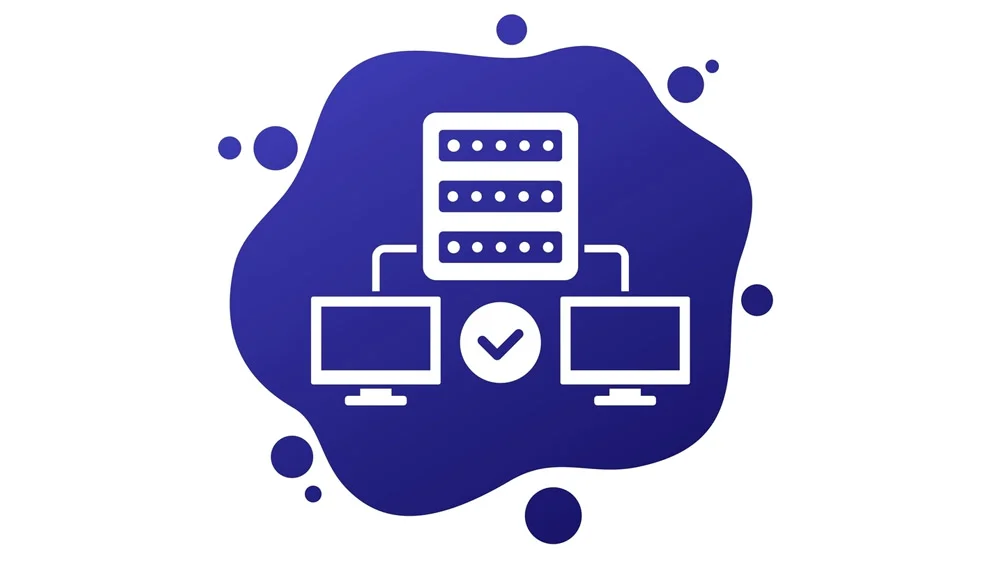In an era when digital platforms have become integral to our daily lives, the undeniable dependence on IT solutions forces businesses to up their technical expertise. Modern brands lean heavily on the internet and its finest creations to connect with potential clients and handle customer data. So, maintaining security and trust within online communities is more important than ever.
A common threat to the integrity of these platforms is multi-accounting, which is frequently used to gain more benefits from specific services, distort the legitimacy of data on real users, and even engage in fraudulent activities or scams aimed at authentic visitors.
Multi-accounting exists because individuals or organizations often seek to gain unfair advantages, exploit promotions, or manipulate systems. This is by using multiple accounts on a single platform. This practice can be driven by various motivations, such as accessing limited offers, cheating in games, or spreading misinformation across social media.
To resolve these issues, this article will focus on the use of cheap proxies, not overloaded with additional services and features, and utilize residential connections to detect and prevent users from fraudulently creating multiple accounts. Here we will discuss key steps for fraud detection, with a heavy focus on the geolocation of the incoming web traffic, before diving into the benefits of cheap proxies from reliable providers.
How Multi-accounting Affects Your Platform
Multi-accounting covers steps and techniques for creating and using multiple accounts on an online platform. This is often to gain an unfair advantage. This is particularly problematic in sectors like social media, and e-commerce, where the existence of additional identities can affect reviews, manipulate promotional offers, and use the empowered voice to spread misinformation, sabotaging the effectiveness of the company’s data collection and analysis efforts.
As platforms grow, identifying and managing these behaviors becomes increasingly complex.
What Are Residential Proxies?
Proxy servers are a great addition to the collection of digital tools for any modern business. Often praised for simplicity and easy integration, they mask the original public IP address of your connection. While the recipient of your connection requests sees a different source of incoming data packets, a remote server executes all steps on your behalf.
Residential proxies are IP addresses provided by Internet Service Providers (ISPs) to homeowners. Since residential proxies are linked to real, physical devices and locations, they are much harder to detect and block. This makes them particularly useful for ensuring online security, especially in combating multi-accounting issues.
Residential proxies allow businesses to see the platform from the viewpoint of a potential client by routing traffic through provided residential addresses. By picking different configurations and geolocation options, companies simulate real user behavior and check for suspicious activities. Such as multiple accounts being accessed from a single location or IP address.
On top of that, cheap proxies with residential IPs can be employed to mask the platform’s internal monitoring systems. This allows administrators to perform covert checks on suspicious behavior without alerting multi-account users.
How Residential Proxies Address Multi-Accounting
Residential proxies offer several specific advantages when it comes to identifying and preventing multi-accounting on online platforms. One of the best ways to discover additional accounts comes from tracking repeated visits from the same address. The most clear giveaway is the existence of multiple users with the same network identity.
However, multi-accounting experts love to use VPNs and proxies themselves to hide their expansion of influence on the platform through additional identities. However, the implementation of proxy connections into your system will help identify easily visible threats, such as multi-accounting with data center proxy servers. While these connections still hide your IP address, they are not associated with ISPs. This is usually the first giveaway that the incoming connection originates from a real authentic user.
Many online platforms block IPs that are associated with VPNs or data centers due to their high likelihood of being used for fraudulent activities. However, residential proxies can bypass these blocks because they use legitimate residential IPs. This gives platform administrators a clearer view of real user behavior and makes it harder for users to mask their activities behind traditional proxy services.
Residential proxies allow platforms to monitor user behavior across different devices and platforms. Multi-accounting often covers many addresses and geolocations, making it difficult to detect using traditional methods. However, residential proxies can help track this behavior in real time by analyzing data from various sources. This includes mobile devices, desktops, and other connected devices.
If a user accesses the platform from multiple devices but uses the same residential proxy, this could indicate multi-accounting behavior. Cross-platform monitoring gives businesses a more comprehensive understanding of user activity and helps identify suspicious patterns more effectively.
How to Integrate Proxies into Your System
For businesses looking to leverage residential proxies to combat multi-accounting, choose a Reliable Proxy Provider: Not all proxy services are. Ensure that you partner with a provider offering a large fleet of residential IPs, spanning across many geolocations, to avoid detection by fraudulent users.
Then, you can use the data collected through residential proxies to continuously review and refine your platform’s security measures. Regular audits will help you identify emerging threats and minimize the success rate of multi-accounting. This improves the ratio of real to fake user data for more accurate analysis.
Conclusion
Residential proxies are perfect complementary tools for online platforms looking to enhance their security and prevent multi-accounting. With an easy setup, even companies that lack the resources and knowledge to digitalize and avoid threats can start using simple but effective intermediary connections. Even cheap proxies with residential IPs give real IP addresses from different locations and provide a reliable way to detect and block fraudulent activities.
By integrating residential proxies into their security strategy, businesses can protect their platforms from multi-accounting. This indirectly fosters trust, and gives a clearer view of real client data.




